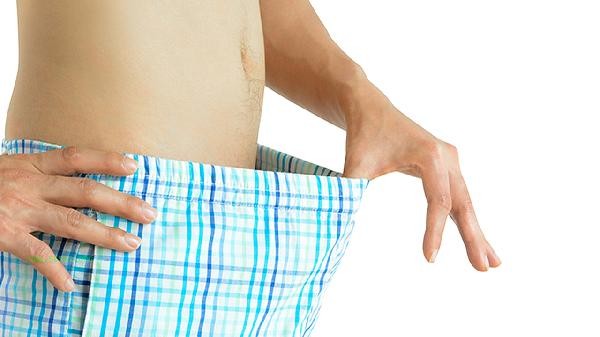Pumpkin seeds have certain benefits for prostate health, mainly due to their high content of nutrients such as zinc, plant sterols, and antioxidants. The active ingredients in pumpkin seeds help alleviate symptoms of prostate hyperplasia, improve urinary function, and may reduce the risk of prostatitis.

1. Protective effect of zinc
Pumpkin seeds are a high-quality source of natural zinc, with a high zinc content per 100 grams of pumpkin seeds. Zinc has a high concentration in prostate tissue and is involved in regulating prostate fluid secretion and hormone metabolism. Adequate zinc intake helps maintain normal prostate function, while zinc deficiency may make prostate tissue more sensitive to inflammation. Zinc also has antibacterial properties and is helpful in preventing prostate infections.
2. Plant sterol regulating hormone
Pumpkin seeds contain abundant plant sterols, which have a structure similar to human cholesterol. Plant sterols can competitively inhibit the conversion of testosterone to dihydrotestosterone, which is a key factor in stimulating prostate hyperplasia. Through this mechanism, pumpkin seeds may slow down the development of benign prostatic hyperplasia and improve lower urinary tract symptoms such as frequent urination and urgency.
3. Anti inflammatory substances
Vitamin E, carotenoids, and polyphenols in pumpkin seeds have significant antioxidant activity. These ingredients can neutralize free radicals and alleviate oxidative stress damage to prostate cells. Chronic inflammation is an important cause of prostate disease, and the anti-inflammatory properties of pumpkin seeds help reduce the probability of prostatitis and alleviate existing inflammatory reactions.

4. Essential fatty acids for maintaining health
Pumpkin seeds are rich in unsaturated fatty acids such as linoleic acid and linolenic acid, which are important components of cell membranes. Moderate intake helps maintain the stability of prostate cell membrane and promote intercellular signal transduction. Essential fatty acids can also regulate the synthesis of inflammatory mediators in the body, which has potential benefits for preventing non bacterial prostatitis.
5. Dietary fiber assisted detoxification
Pumpkin seeds contain a certain amount of dietary fiber, which, although not directly affecting the prostate, can promote intestinal peristalsis and toxin excretion. Good intestinal function can reduce the accumulation of toxins in the body, indirectly reducing the stimulation of toxins on the prostate. Dietary fiber can also regulate the balance of gut microbiota, and the gut microbiota is closely related to systemic inflammation levels.

It is recommended to supplement daily diet with pumpkin seeds, with a recommended daily intake of 20-30 grams. Raw pumpkin seeds or pumpkin seeds baked at low temperatures can better preserve their nutritional content. Patients with prostate diseases can pair pumpkin seeds with vegetables rich in antioxidants such as tomatoes and broccoli. Attention should be paid to the high calorie content of pumpkin seeds, and obese individuals should control them appropriately. If there are clear symptoms of prostate disease, timely medical treatment and standardized treatment should be sought. Pumpkin seeds can only be used as an auxiliary health care method. When storing pumpkin seeds, they should be sealed and protected from light to prevent oxidation and deterioration of unsaturated fatty acids.








Comments (0)
Leave a Comment
No comments yet
Be the first to share your thoughts!